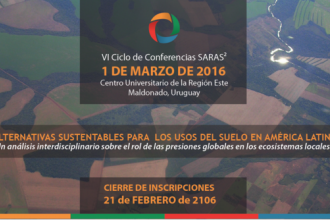
EfD Central America present at the 4th Antigua Experimental Economics Conference
The Vernon Smith Center for Experimental Economics hosted the 4th Antigua Experimental Economics Conference held on 26 and 27 February at the Casa Popenoe, Antigua Guatemala and EfD-CA researches were…

